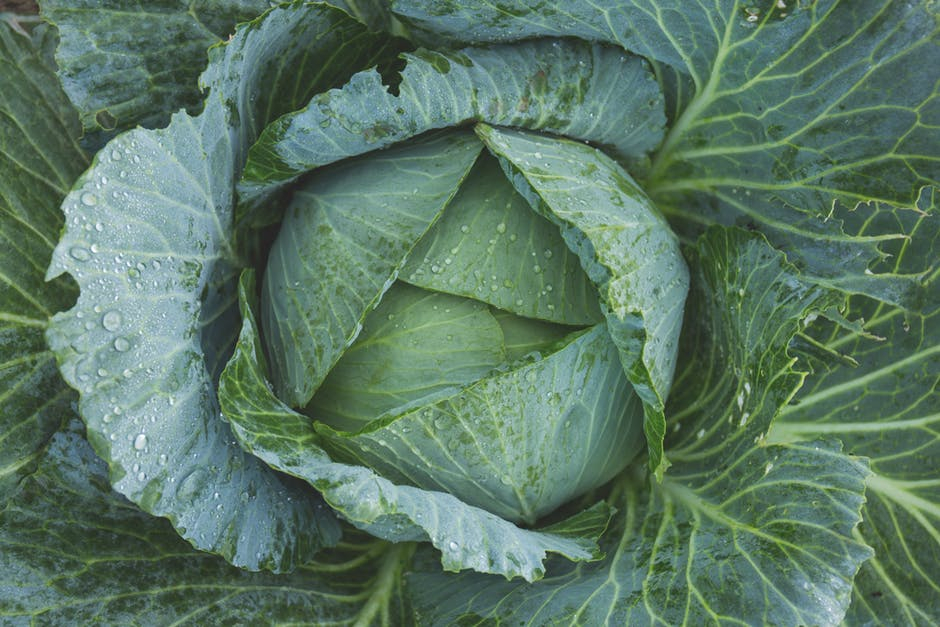This is the part of me being an advocate for natural health that usually makes people blush. Their gut. Digestion. Bowel Movements.
But, the biome in our gut is so very important and impacts our health in so many ways. Hippocrates said, “All disease starts in the gut!” While that may not be 100% accurate (genetic disorders) our gut flora contains trillions of good and bad bacteria. This affects digestion, the immune system, mental health and so much more! The gut has even been called our “second brain.”
Our lifestyles can impact this flora such as diet, stress, alcohol, smoking, inactivity, medication and more. A round of antibiotics for instance can do big damage to the good bacteria in your gut. This in turn suppresses the immune system which may lead to more antibiotics and the cycle continues until steps are taken to replenish the beneficial bacteria.
Not only can our flora get out of balance a condition called Leaky Gut a.k.a. Intestinal Permeability can occur when the lining of the intestine is damaged. Undigested food particles and bacteria can “leak” into the bloodstream. This can cause inflammation and if not dealt with may lead to disease.
Symptoms that indicate your gut is compromised are sugar and carb cravings, digestion issues, chronic inflammation, sensitivity to gluten, skin rashes, acne, obesity, moodiness, fatigue, nutritional deficiencies and more.
I daresay it would be beneficial for just about everyone to give their gut some extra attention. Remember to start slow and easy to get your system used to the change. Here are a few suggestions.
A whole food diet is recommended but also a supplementation of Probiotics, which are live microorganisms that can be found in capsule form. They contain billions of good gut bacteria. Probiotics are typically found in the refrigerated area at the health food store. Organic yogurt is also a source of positive digestive flora.
Other useful intestinal helpers include Kefir and Kombucha. These are fermented drinks that are especially helpful in healing the gut, specifically the small intestines. These have worked really well for me personally. The drinks can be purchased or made at home…which is similar to having a science lab in your kitchen. Laco-Fermented veggies like Sauerkraut are top notch as well containing enzymes, vitamins and beneficial bacteria. Following is an easy recipe for homemade Sauerkraut.
Whether you know something is going on in your health, have irregular bowel movements or just want to be at your best, I would definitely spend some time pampering your gut! And as always, visit with your doctor with any lifestyle changes.
Brooke DeLong, N.D.
Instructions for Homemade Sauerkraut
- Slice cabbage thinly. This can be done with a knife, a mandolin slicer, or the slicing attachment on a food processor.
- For every kilo of cabbage, mix with 20g of salt, or, for every pound of cabbage, mix with 9g of salt, about 2 tsp of finely ground salt.
- Toss cabbage and salt with your hands so it is well distributed and let rest, about one hour.
- Knead/massage the cabbage with your hands, to encourage more juice to come out. Add optional bay leaves (about 1 per lb) and/or caraway seeds (about 1 tsp per lb).
- Pack tightly into a jar. I usually grab a handful, drop it into the jar, and then use my fist to push it down well. You can also use a pounder, or something like a thick stick.
- Once all the cabbage is in, make sure there is enough liquid (from kneading) to cover the cabbage by about an inch. Weigh the cabbage down, as discussed above.
- Put a lid on the jar. Be aware that you will need to occasionally let the C02 out that will accumulate.
- Set it out of direct sunlight and let sit for at least 4-6 weeks. 4 weeks is the minimum required for the full cycle of probiotics to develop. Exact fermenting times will depend on ambient temperature and your tastes. The sauerkraut pictured has sat for a month, and it could use a little more time.
- Put in the fridge to slow fermentation. Enjoy probiotic goodness!
https://wholenewmom.com/recipes/easy-homemade-sauerkraut-recipe/








